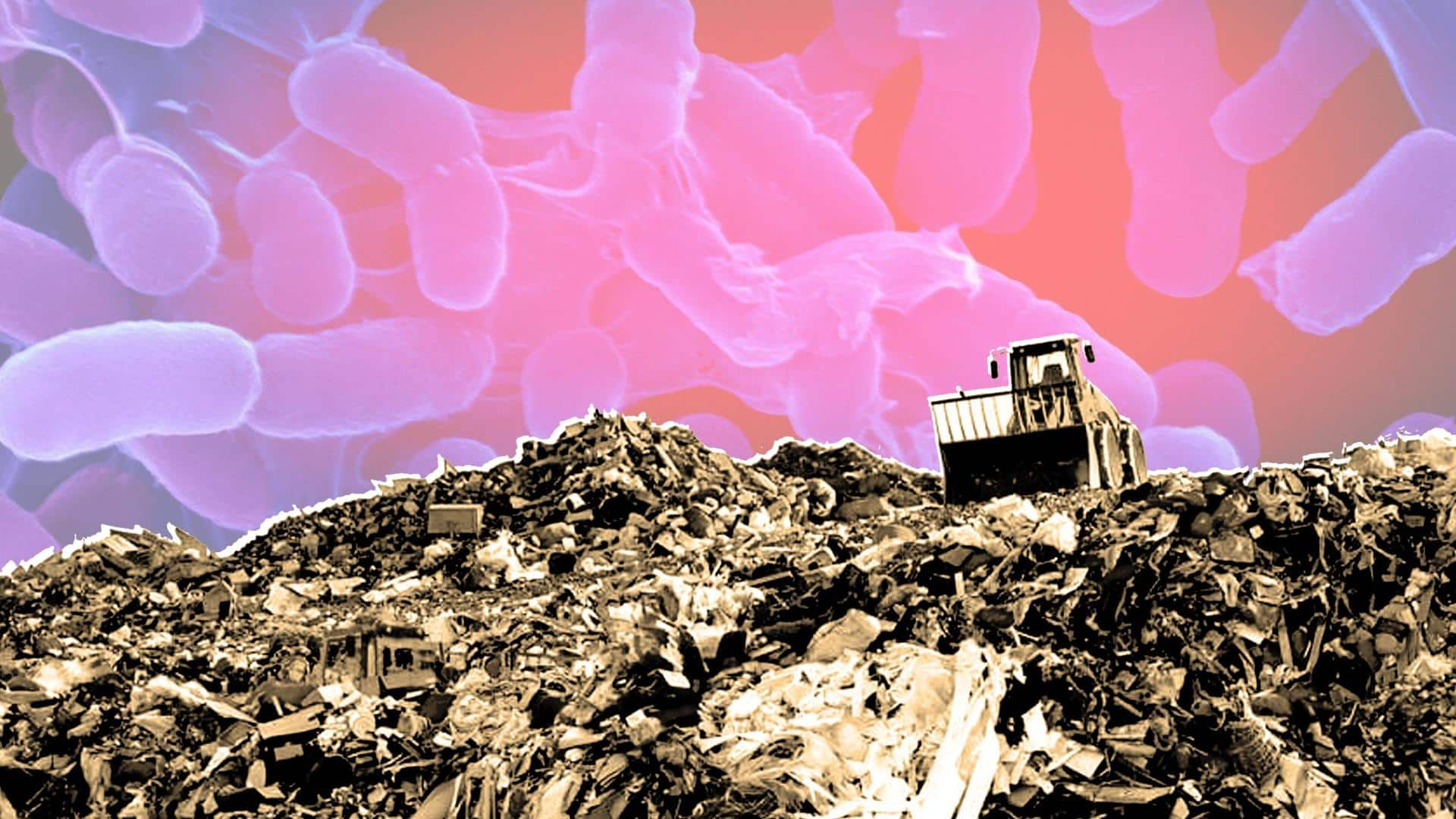
Drug resistance could cause 10 million deaths annually: UN report
What's the story
About 10 million deaths could occur annually by 2050 due to anti-microbial resistance (AMR), says a United Nations Environment Programme (UNEP) report launched on Tuesday.
The UN Environment Programme's report highlights the need to control pollution created by industries such as pharmaceuticals, agriculture, and healthcare to reduce the emergence, transmission, and spread of superbugs.
Keep reading to know more details about the UN report.
Resistance
Anti-microbials used in treatment might turn ineffective
AMR is already taking a serious toll on the health of humans, animals, and plants, as well as the economy.
Do we need to worry? The development and spread of AMR could mean that anti-microbials used in preventing and treating infections in humans, animals, and plants might turn ineffective.
Modern medicine might no longer be able to treat even mild infections.
Deaths
Drug-resistant infections are emerging as a new cause of concern
Drug-resistant infections are listed by the World Health Organization (WHO) among the top 10 global threats to health.
In 2019, it was estimated that 1.27 million deaths occurred globally due to drug-resistant infections.
4.95 million deaths worldwide were linked to bacterial AMR.
Now, it is expected that AMR will lead to 10 million direct deaths annually by 2050.
Food system
Anti-microbial resistance could destroy health and food system: UNEP Director
"Pollution of air, soil, and waterways undermines the human right to a clean and healthy environment. The same drivers that cause environmental degradation are worsening the anti-microbial resistance problem," said Inger Andersen, Executive Director, UNEP.
As a result, its impact "could destroy health and food systems."
The triple planetary crises - climate change, pollution, and biodiversity loss - have contributed to this, explains Andersen.
Economy
The rise of AMR could take toll on the economy
The report launched at the sixth meeting of the Global Leaders Group (GLG) on AMR, held in Barbados also hinted that the rise of AMR could take a toll on the economy.
If unaddressed, the AMR threat could have an extreme economic toll, pushing 24 million more people into poverty with a Gross Domestic Product drop of at least $3.4 trillion annually by 2030.
Recommendations
Recommendations made by the report
The report recommends creating robust governance, planning, regulatory, and legal frameworks at the national level, and increasing global efforts to improve integrated water management.
Some other measures suggested by the report are establishing international standards for what constitutes a good microbiological indicator of AMR from environmental samples, and exploring options to redirect investments, including guaranteeing sustainable funding.